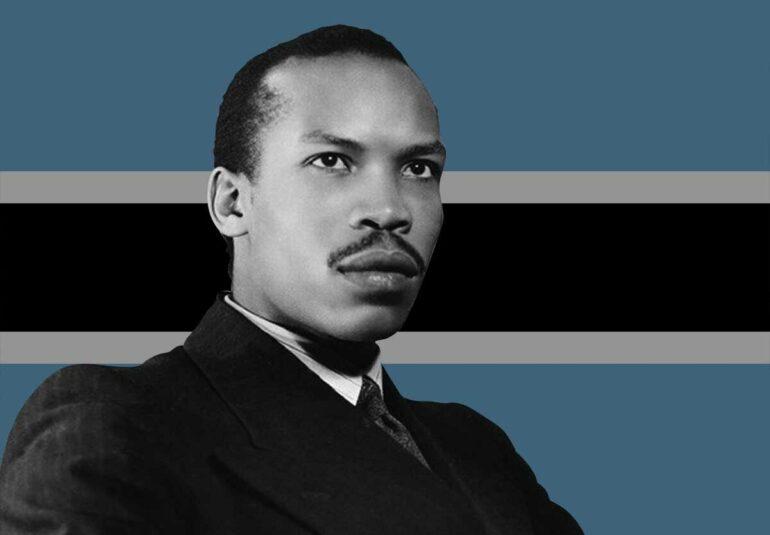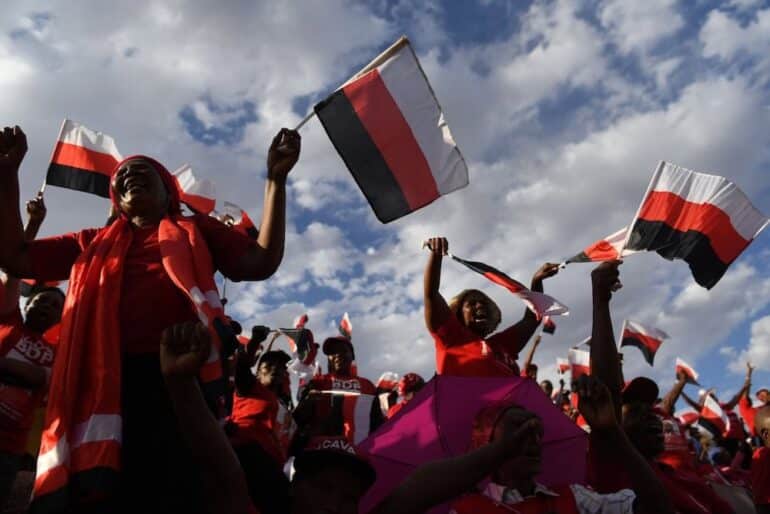 Botswana, a landlocked country in Southern Africa, achieved its independence from British colonial rule on September 30, 1966. This pivotal moment marked the beginning of a new era for the nation, which was then known as the Bechuanaland Protectorate.
Botswana, a landlocked country in Southern Africa, achieved its independence from British colonial rule on September 30, 1966. This pivotal moment marked the beginning of a new era for the nation, which was then known as the Bechuanaland Protectorate.
Historical Context
The roots of Botswana’s independence can be traced back to the late 19th century when British colonial interests began to take hold in the region. The Bechuanaland Protectorate was established in 1885, primarily to serve British strategic interests and to protect the Tswana people from rival powers. Although British rule brought some stability, it also imposed restrictions on local governance and economic development.
In the mid-20th century, a wave of nationalism swept across Africa, prompting calls for independence among colonized nations. In Botswana, this movement gained momentum, led by the and its charismatic leader, Sir Seretse Khama. Khama, who had studied in the United Kingdom, advocated for self-governance and the preservation of Tswana culture.

The Road to Independence
After a series of constitutional reforms in the 1960s, Botswana held its first democratic elections in 1965. The BDP won a decisive victory, leading to the establishment of an autonomous government. On September 30, 1966, Botswana officially became a republic, with Khama serving as its first president.
Post-Independence Development
Botswana’s independence paved the way for significant political stability and economic growth. Unlike many newly independent African nations, Botswana effectively managed its resources, particularly diamonds, which were discovered shortly after independence. This wealth enabled the government to invest in education, health care, and infrastructure, leading to impressive development indicators.
Today, Botswana is often hailed as a model of democracy in Africa, maintaining a multi-party system and a strong civil society. The nation has successfully balanced tradition with modernity, embracing both its rich cultural heritage and the demands of a globalized world.

Botswana’s journey to independence is a testament to the resilience and determination of its people. As the country celebrates its independence anniversary, it reflects on a legacy of self-governance, stability, and progress that continues to inspire future generations.






 Botswana, a landlocked country in Southern Africa, achieved its independence from British colonial rule on September 30, 1966. This pivotal moment marked the beginning of a new era for the nation, which was then known as the Bechuanaland Protectorate.
Botswana, a landlocked country in Southern Africa, achieved its independence from British colonial rule on September 30, 1966. This pivotal moment marked the beginning of a new era for the nation, which was then known as the Bechuanaland Protectorate.








